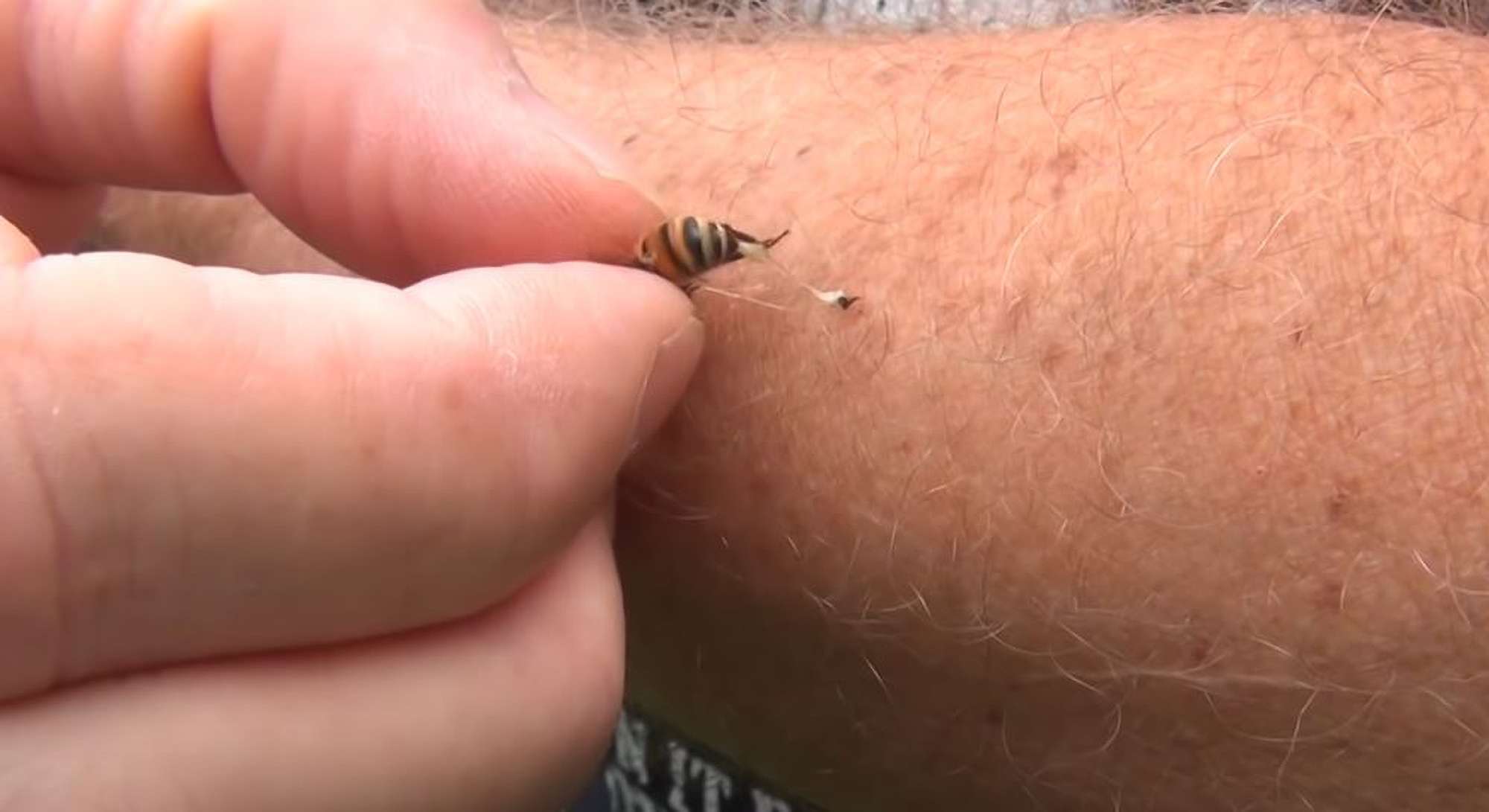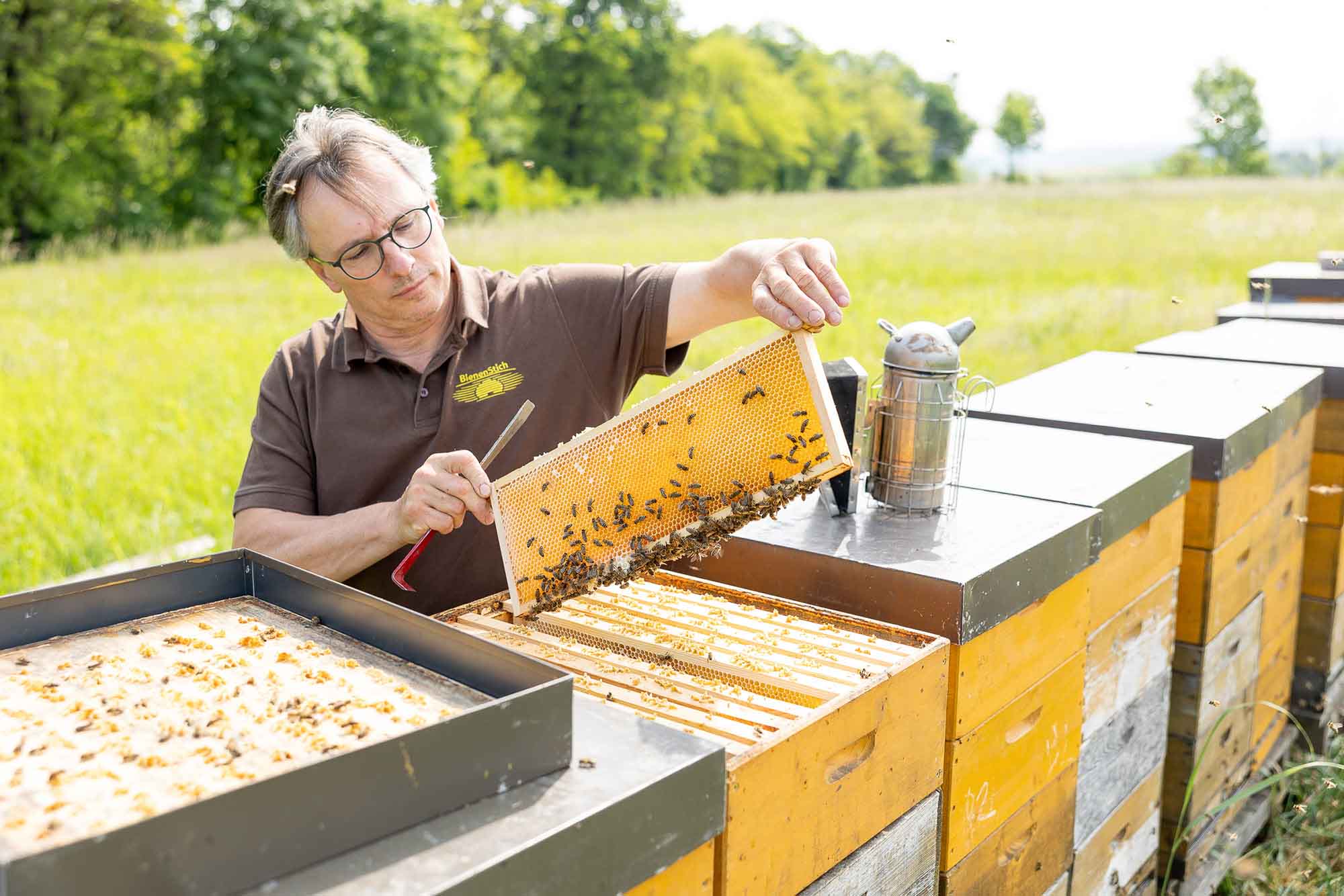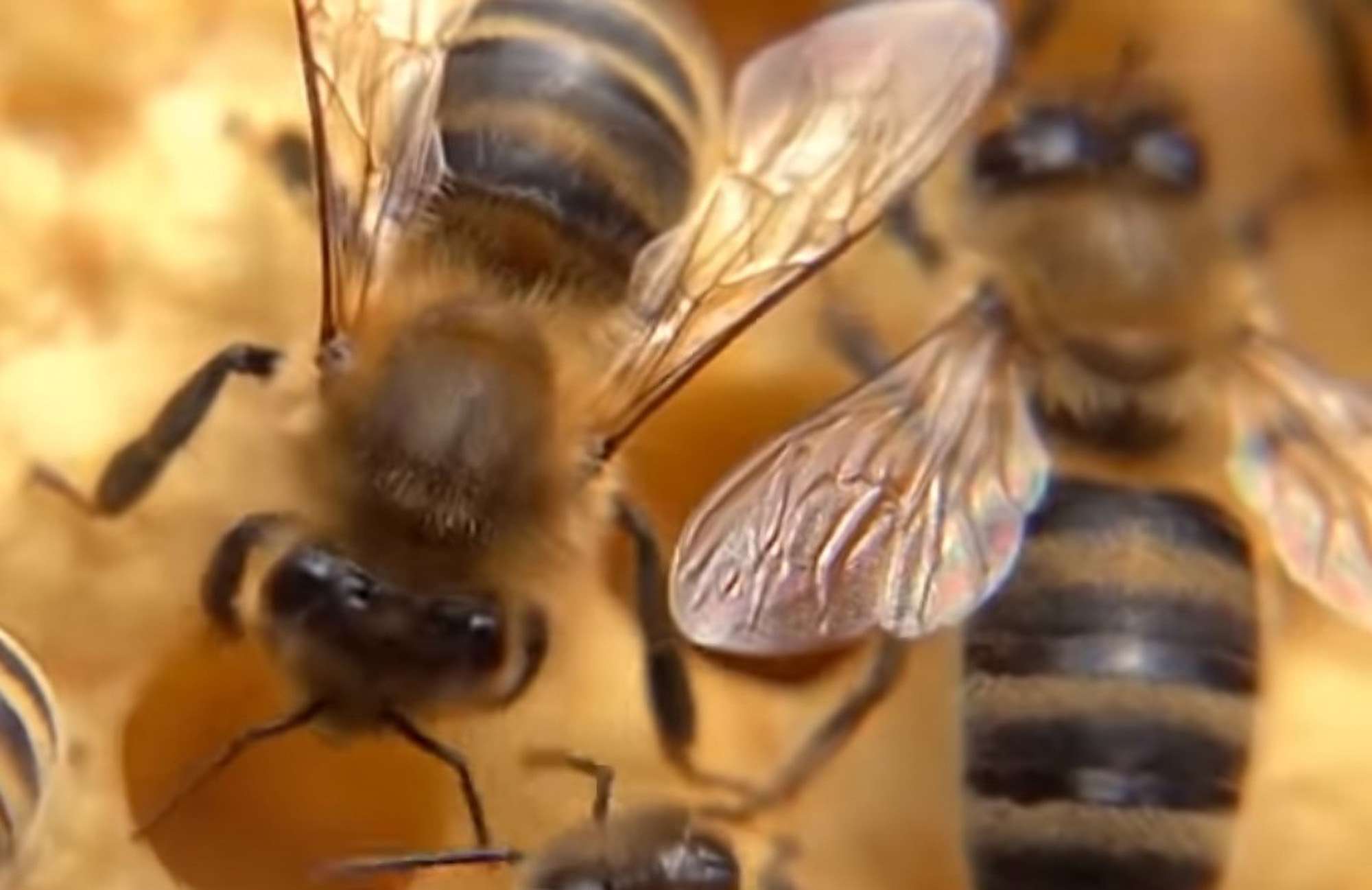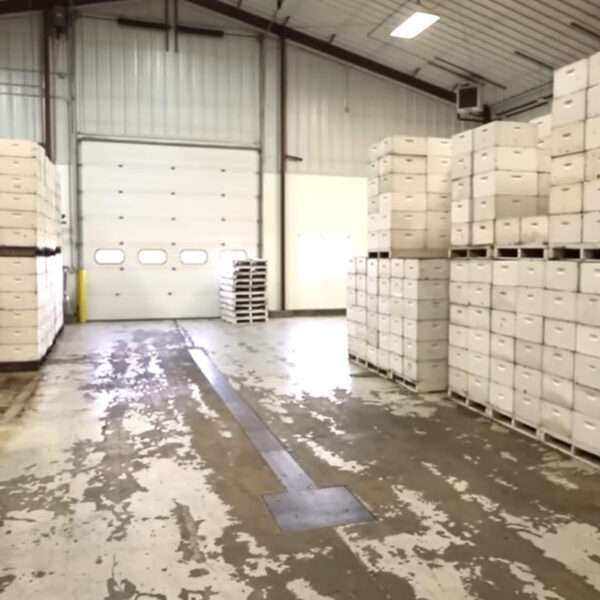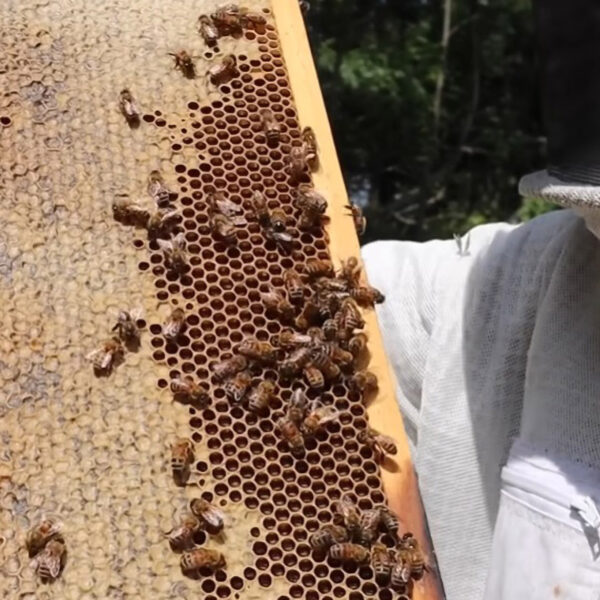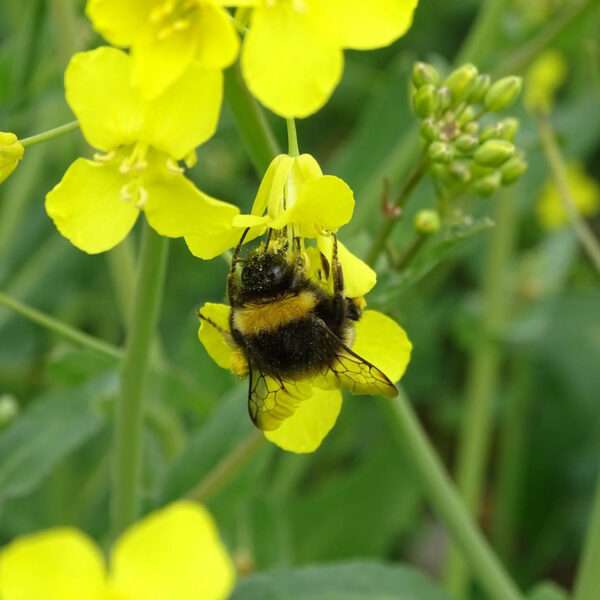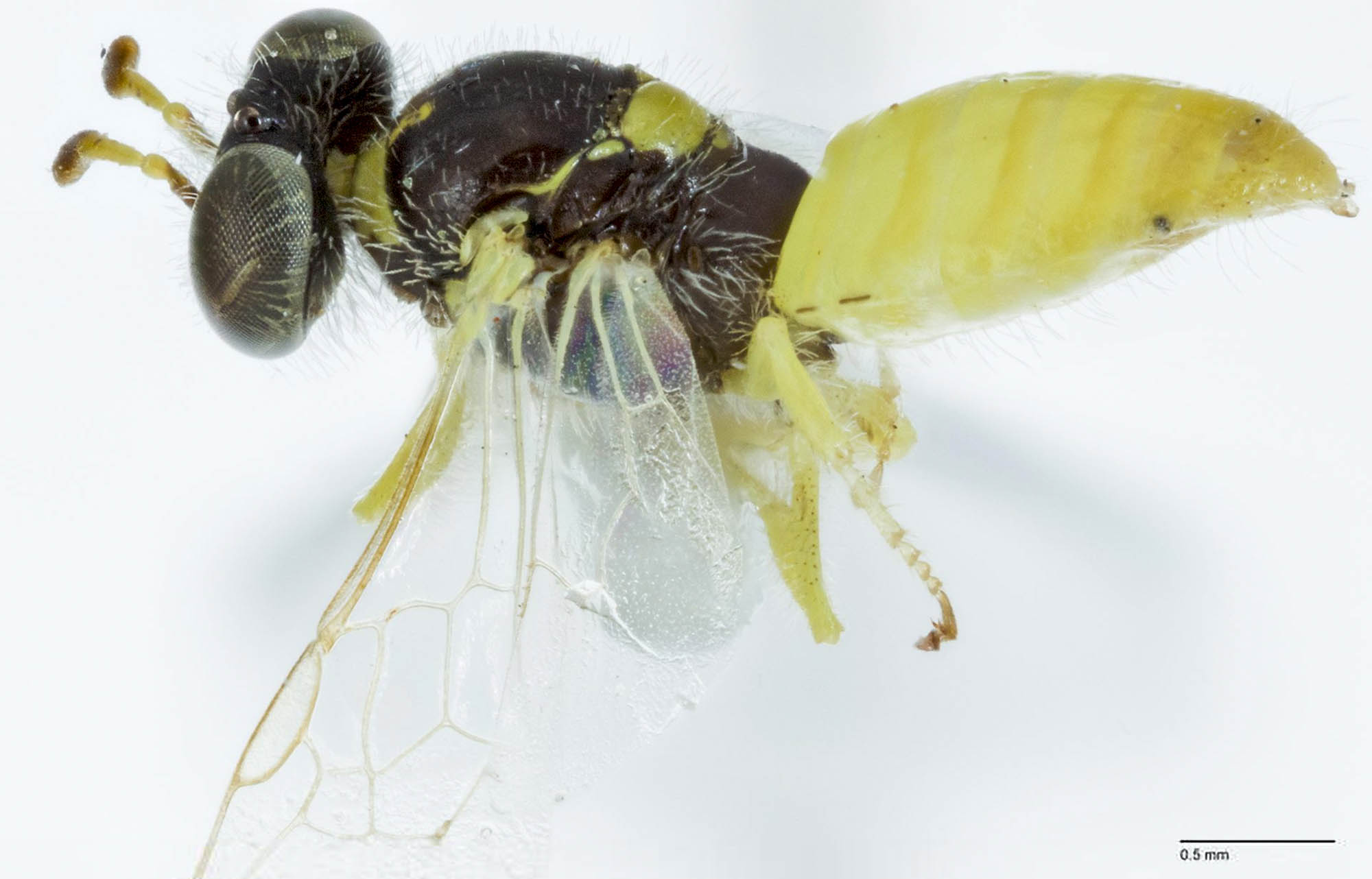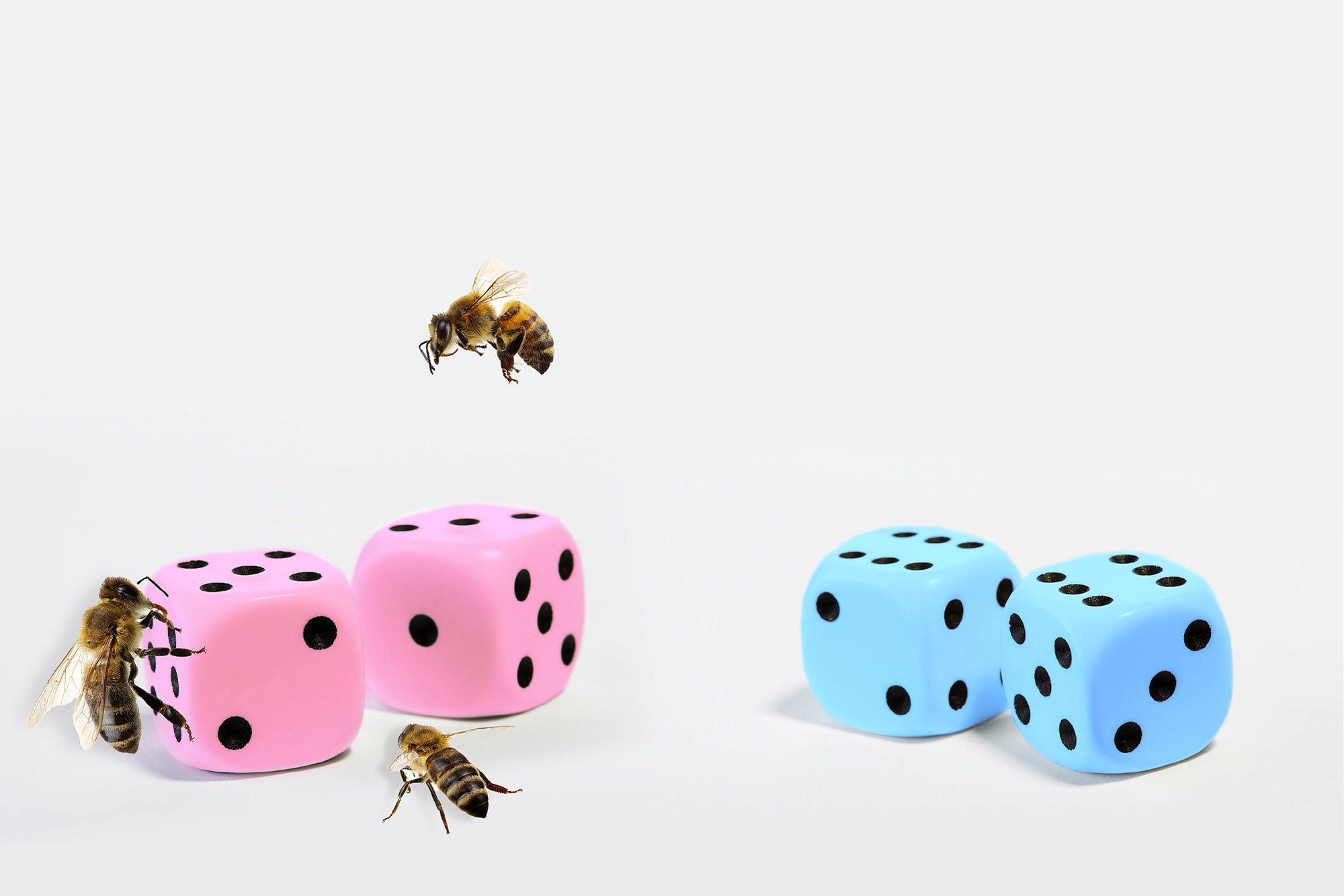A German apiarist has warned of the effect a bee sting has on the human organism.
Sven Hoffmann heads the Association of Beekeepers in Cottbus, Brandenburg State.
Speaking about the need for protection during hive management, Sven told broadcaster RBB: “That’s a personal decision. There are colleagues who do not use any of such equipment. Others develop an allergy. They must avoid getting stung at all costs.”
Sven added: “Every sting puts the human body under pressure, even if a person is used to them.”
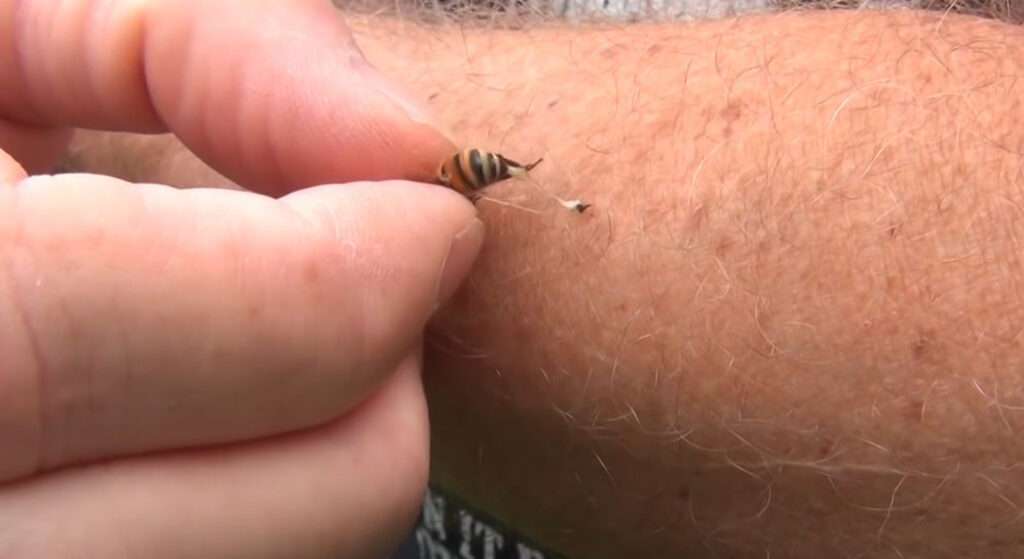
Bees jab a barbed stinger – which contains proteins that affect the immune system – into the human skin.
The Mayo Clinic says on its website: “Bee stings can produce different reactions, ranging from temporary pain and discomfort to a severe allergic reaction.
“Having one type of reaction doesn’t mean you’ll always have the same reaction every time you’re stung or that the next reaction will necessarily be more severe.”
The renowned medical research centre in Rochester in the US State of Minnesota explains: “Most of the time, bee sting symptoms are minor and include instant, sharp burning pain at the sting site, a red welt at the sting area and slight swelling around the sting area.”
Describing the appropriate reaction to a sting, the American Academy of Dermatology informs: “The first thing to do is to get the stinger out quickly. The longer the stinger stays in the skin, the more venom it releases, adding to the person’s pain and swelling.”
The institution headquartered in Rosemont, Illinois, adds: “Apply a cold pack to reduce swelling. However, if the swelling moves to other parts of your body, such as your face or neck, go to the emergency room immediately, as you might be having an allergic reaction. Other signs of an allergic reaction include difficulty breathing, nausea, hives, or dizziness.”
Sven is an engaged lecturer who holds workshops for children on a regular basis.
Speaking to RBB about the pollinators’ capacities, the Cottbus-based beekeeper revealed: “In summer, a well-developed honeybee colony consists of up to 50,000 animals. It’s possible to harvest between 20 and 30 kilogrammes from them.”

